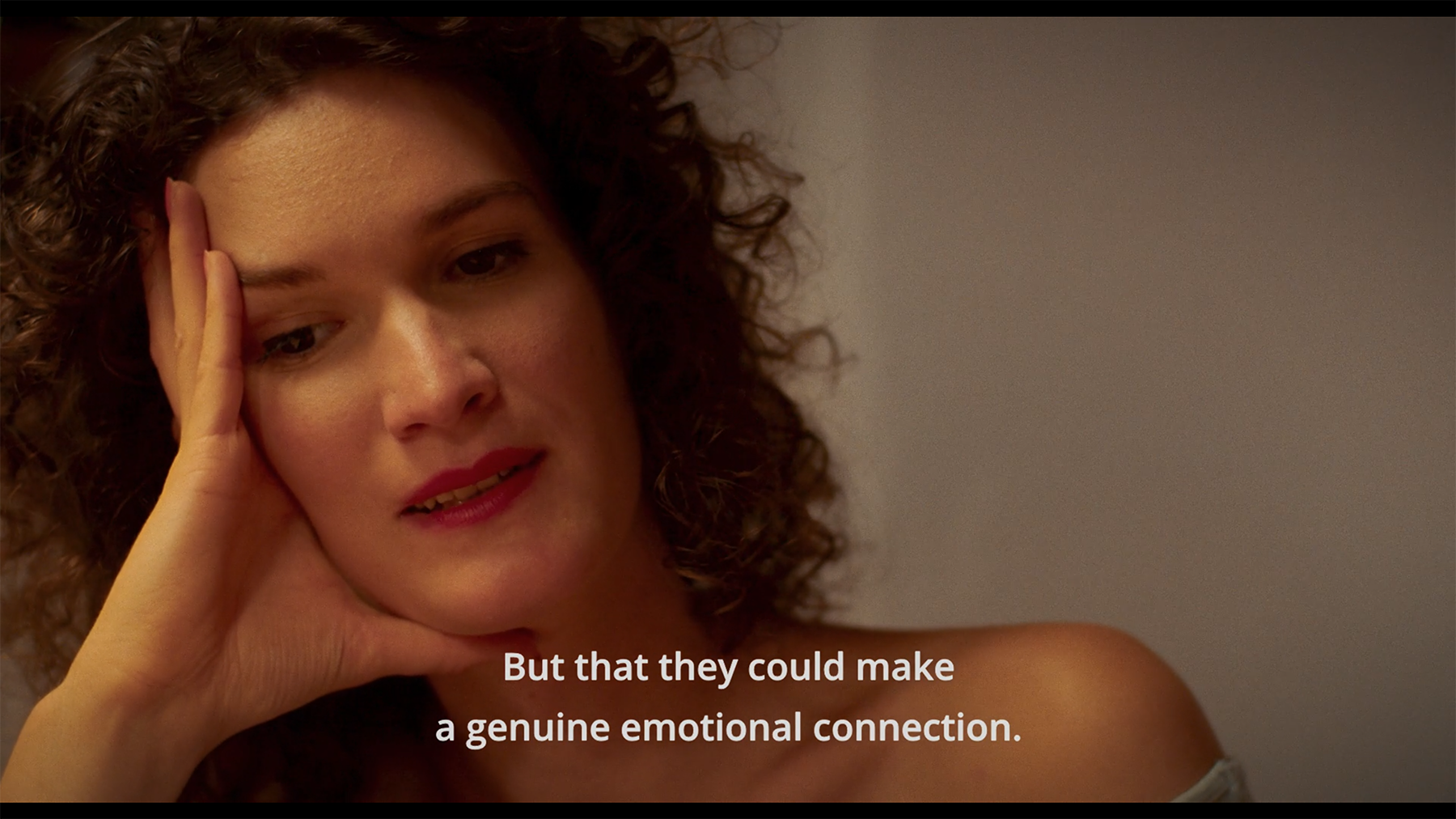
Thursday, October 16, 2025
Symposium
trans*poetics
On Transgression, Narration, and Becoming
Day 1
Symposium | trans*poetics: Day 1
The trans*poetics symposium brings together authors and artists whose radical thinking and writing strive for collective forms of expression and political agency and as such are always an open invitation and obligation at once—an invitation to renew and transform allegedly established identifications and the imperative of solidarity. In this endeavor, an intentional mixture of theoretical reflection and artistic practice takes on a central role. The interplay between theory and art opens up new perspectives and thought processes that transgress disciplinary boundaries while enabling new forms of knowledge production and expression. The theoretical and the poetic—targeted forces that can forge alliances: the symposium trans*poetics aims to discuss and implement these processes in a vibrant range of lectures, performances, and talks.
Program on Thursday, October 16, 2025
10 am
Welcome and Introduction
Nanna Heidenreich, Eddie van Gemmern, Franz Thalmair
10.30 am
D Mortimer
Bum Trip: It’s So Cold
— on the “of”
D Mortimer hosts a performance reading and informal chat, discussing “the vexed nexus of trans/mad” (C Awkward Rich, 2022).
There is, it is fair to say, in the current moment a stretching tolerance for fascism and brutality. In what ways have trans writers in the Anglophone world responded to madness with madness? And how, as trans artists and writers, are we addressing it, consciously or not, in our poetic practices? Mortimer proposes that thinking from and, crucially, “of” lunacy provides one entry point to this large question. Mortimer’s presentation will focus on the ways in which performance can animate a poetics of the trans/mad. They invite us to examine the theme of “writing madly” in obvious and perhaps less obvious ways and suggest how we might attend to a lunatic methodology in our own practices.
11 am
Andrea AK
Documentation / EXTRATRANSMISSION / Visceral
When thinking of Cecilia Vicuña’s lines “A poem only becomes poetry when its structure / is made not of words but of forces,” I am moved to push at the limits of poetry into the space of performance. Derived from documentary poetics practice, language is the source text, the flashpoint, from which performance is choreographed. Visceral ruptures occur, in series, as my performance practice rewires the circuits of language into the physical.
11.45
Isa Schieche
Fish – A Comedy
Performative reading of a screenplay by Isa Schieche with Kristin Lerch, Jolanda Resch, Kaisa Pušnik, René Cormaniosi, and Mathea Hoffmann. Fish is a cinematic analysis of trans as a business model and playground for cis persons in a capitalist economy where attention plays a central role.
12.30 pm
Break
2 pm
Discussion
Isa Schieche and Andrea AK
Moderated by Francis Ruyter
2.30 pm
Luce deLire
Utopia, Euphoria, Hospitality – Trans Lesbian Responses to Techno Tyranny
While the current downward spiral of global destruction may seem inevitable, I make the case for art, aesthetics, and cultural interventions. I argue that
(1) ridicule is the aesthetics of techno tyranny. It announces a political paradigm shift.
(2) the new paradigm is post-moral—and we better adopt it fast.
(3) keeping up an imagination beyond the catastrophe is a vital artistic task. Against the rule of fear, this imagination should explore euphoria of all kinds. Against the rule of private property and ever more restrictive social contracts, this imagination should research hospitable institutions. Against the theft of our common futures, this imagination should insist on the [crossed-out “future”]. Against the representational justice of neoliberal capitalism, this imagination is distinctively trans lesbian. Genders to Each, According to Their Needs. Let’s go.
Discussion afterwards moderated by Francis Ruyter
3.45 pm
Jack Thompson/Cipher Press
Haunted Houses and Time Machines: approaches to publishing trans narrative
Cipher Press launched in 2020 as a publishing platform to amplify the work of trans authors. Publisher Jack Thompson discusses strategies used in building the press, including publishing across the boundary lines of literary and genre fiction, defying the “before and after” narrative, and how trans writing transgresses conventional modes of storytelling. Where do trans stories fit (or not) within the wider publishing landscape, and how can we, as editors, work to build a sustainable, evolving trans publishing model within an industry obsessed with fixed categories and cisnormative trends? How can we ensure access to these stories in a society increasingly preoccupied with erasing trans narratives?
4.45 pm
Maxi Wallenhorst
Sex After The City
They used to say this city had invented sex, and for the longest time people came here to find it. But as the city—a place like Berlin—folds in on itself, what happens to us? There goes the flâneur on her Lime bike, with just the noise of stolenness to guide her. The dreamer daydreams as he opens the court letter. A spare room vanishes into fatigue. How do I find you again, by ghosting, bulking, echolocation? I did this to you. You implanted something in me. A romance of disappointment. Allegories of sex without the city. I’m reading from a work-in-progress.
5.30 pm
Basyma Saad
Loss Surplus
Reading from a collection of poems in progress.
Thursday, October 16, 2025
10 am to 7 pm
mumok cinema
In cooperation with Transcultural Studies, University of Applied Arts Vienna
Curators: Eddie van Gemmern, Nanna Heidenreich, Franz Thalmair
Participation is free with registration. Please note: Separate registration is required for both days of the symposium. Click here for the program for Day 2 (Friday, October 17).
The symposium is currently fully booked.
© mumok – museum moderner kunst stiftung ludwig wien